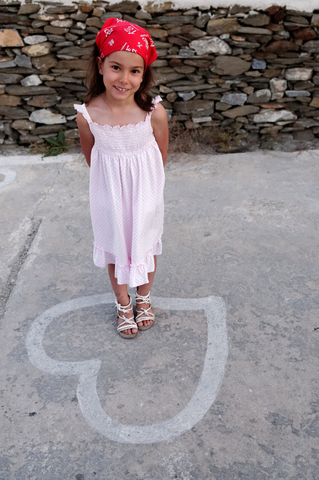Redefining Discipline for Kids

We want our kids to be able to make smart decisions, develop critical thinking and show empathy for others and yet, we most often model for them the exact opposite.
We coerce, bribe, praise and reward instead of emulating the behavior we wish to impart.
Okay, time for a reality check...
- Do you believe that you four-year-old is going to put on his coat any faster, the louder you scream?
- Do you think that your children will learn to clean up their rooms by having their toys thrown away?
- Do you think taking away tv/video games will make your children think twice about stalling the next time you are ready to leave the house?
- Do you think that your children will learn respectful communication by being dismissed, threatened or criticized?
Maybe, but probably not for long.
Mostly they'll remember that when they don't do what you say, you'll react by doing something mean or hurtful or ignoring them or send them away to deal with the disappointment on their own. They're less likely to apply any appropriate lessons to future situations, mainly because they haven't learned anything except that you get what you want by exerting your control over or intimidating others.
The same conclusions are now being said for ideas such as positive reinforcement (praising in hopes that your kids repeat behavior) and chart/reward systems of parenting and discipline. It's true they are kinder, but they are not without harm.
Studies show that praise and rewards will a lower a child's intrinsic motivation.
Their internal drive - the passion for trying - to do something because they are naturally curious, open and excited about life diminishes with praise and rewards thrust into the mix.
On top of that, there is less of a chance that they will repeat the behaviors in the future without the promise of reward or acknowledgment.
So punitive rewards and consequences need to be altered as kids become used to the effects. the problem is, what happens when no one is there to impose a rule?
I guess the larger question, as I see it, is why have we come to believe that our kids will only do what is right if we force them into it or slather them in accolades and praise?
Children are more apt to cooperate if they feel like they belong, and if they feel connected to the group. It is also important that you model compassionate, empathetic behavior for them, consistently and gently supporting them with love, and showing genuine concern for their opinions and feelings.
What do you think? I love hearing from you, so leave me a comment below. Share your stories, post your challenges and if you benefited from this article, consider sharing it with a friend!

Redefining Discipline for Kids: Return to Parenting Discipline
